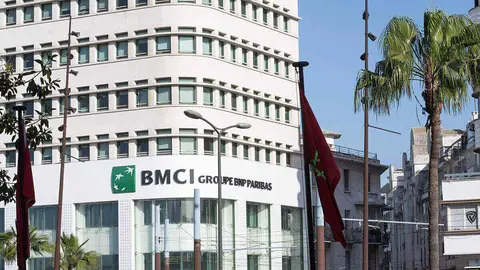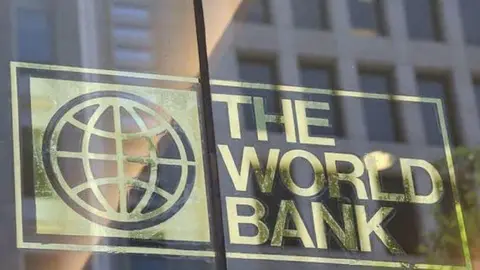Morocco expects economic growth to improve by 4.6% in 2025
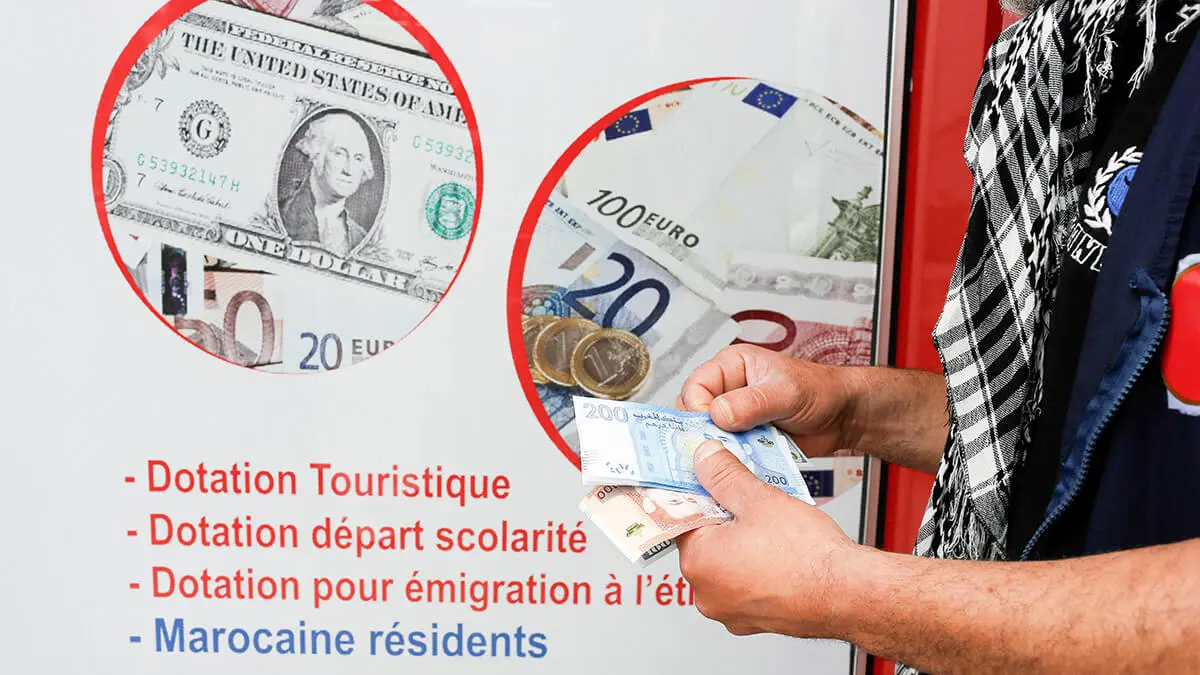
Morocco's economic growth is expected to improve by 4.6% in 2025, according to forecasts by the Minister of Economy and Finance, Nadia Fettah, who explained having reached this conclusion after obtaining a growth of 3.3% in 2024 thanks to "the continued recovery of the national economy".
In addition to announcing this forecast, the Moroccan Finance Minister presented the execution of the 2024 budget, the general framework for the development of the 2025 finance bill, as well as the three-year budget programming 2025-2027 during a joint meeting of the finance committees of the two Chambers of Parliament.
Chaired by the Speaker of the House of Councillors, Enaam Mayara, in the presence of the Minister Delegate in charge of the Budget, Fouzi Lekjaa, this meeting was an opportunity for Fettah to underline that, in the medium term, the growth rate would exceed the 4% target, reports La Vie Eco.
However, as Fettah noted, "these forecasts are likely to be revised in the event of a deterioration in global growth prospects, particularly in Europe, due to the impact of geopolitical tensions, or in the event of another year of drought".
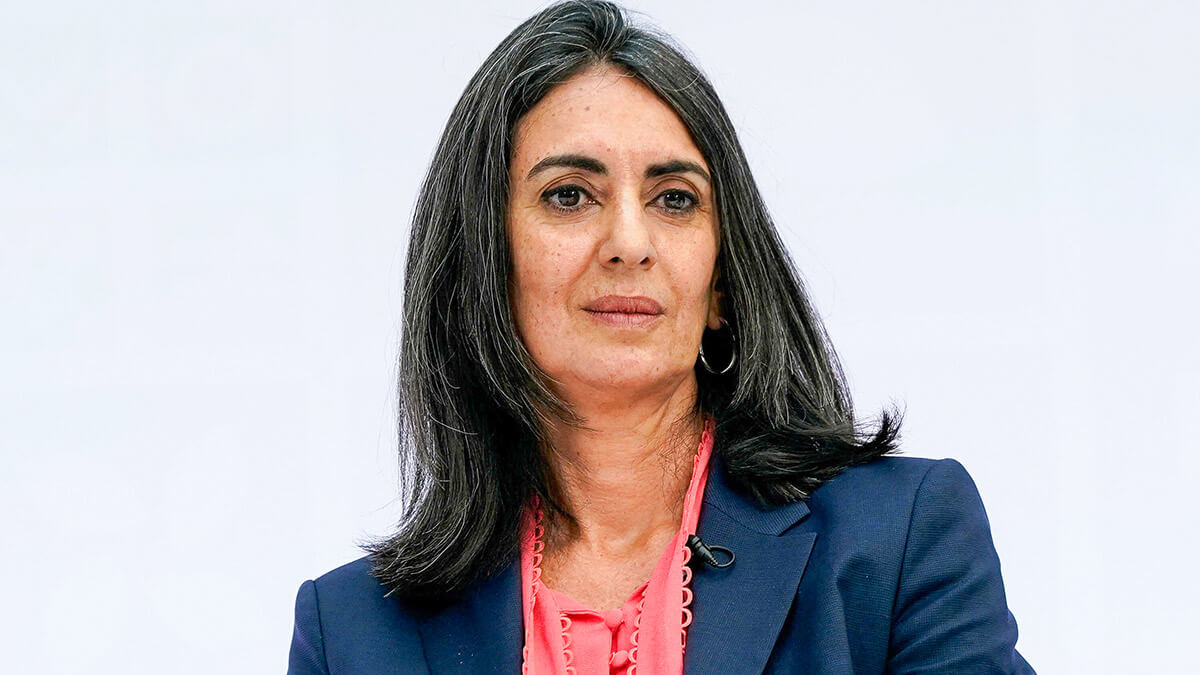
Furthermore, the minister stated that the development of the Finance Bill 2025, as well as the three-year budget 2025-2027 are part of a "phase in which government action is accelerated to complete the process of implementing major projects and government programme commitments, following the Royal High Guidelines and in line with the recommendations of the new development model".
Regarding the preliminary assumptions of the macroeconomic framework 2025-2027, Fettah specified that cereal production would reach 70 million quintals, the price of a barrel of Brent oil would be at 80 dollars, the price of a ton of butane at 450 dollars and the dollar exchange rate at 9.8 dirhams, while inflation is expected to be at 2%.
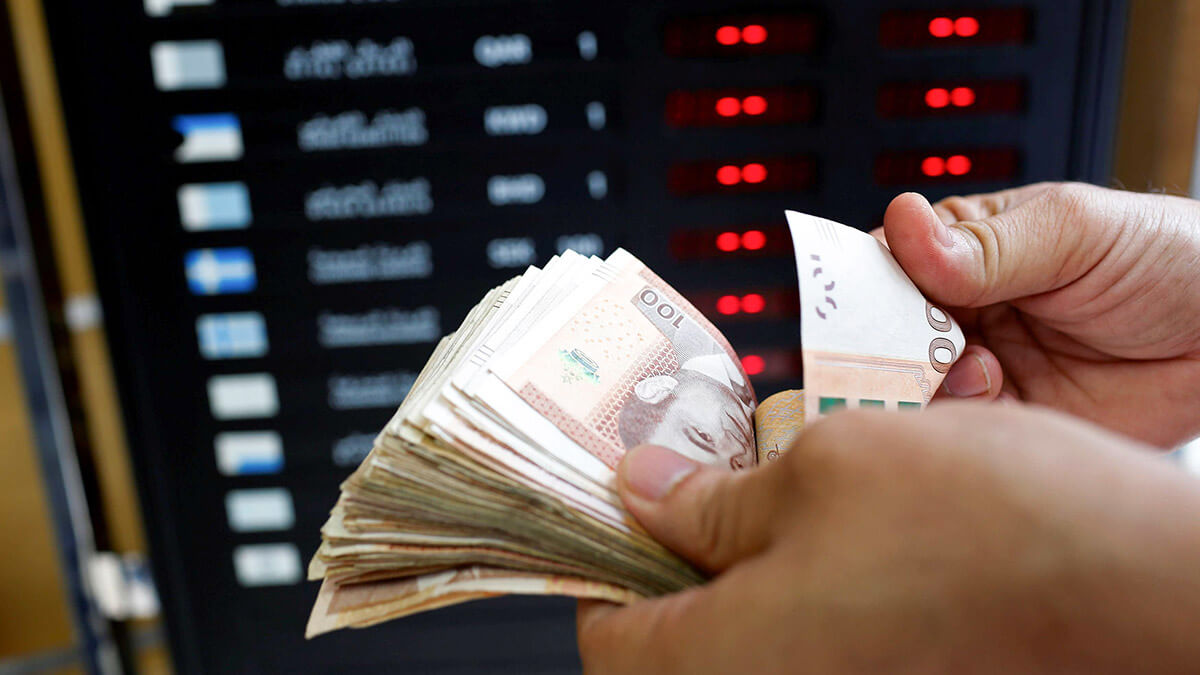
In addition, Fettah considered that an effective budgetary policy and control of the debt level are the basis for ensuring the sustainability of public finances, stressing the importance of continuing the gradual reduction of the budget deficit to maintain this sustainability. In this regard, he noted that the reduction of the budget deficit would ensure a balance between the sustainability of the implementation of reform projects and development projects, as well as the strengthening of budget margins to preserve the resilience of the national economy in the face of possible challenges.
"The continuation of the necessary budgetary efforts to respond to the requirements of economic and social development requires optimal programming of spending by all ministerial departments, taking into account the financial capacities of the State, in parallel with the implementation of reforms and the achievement of the expected results", she explained.
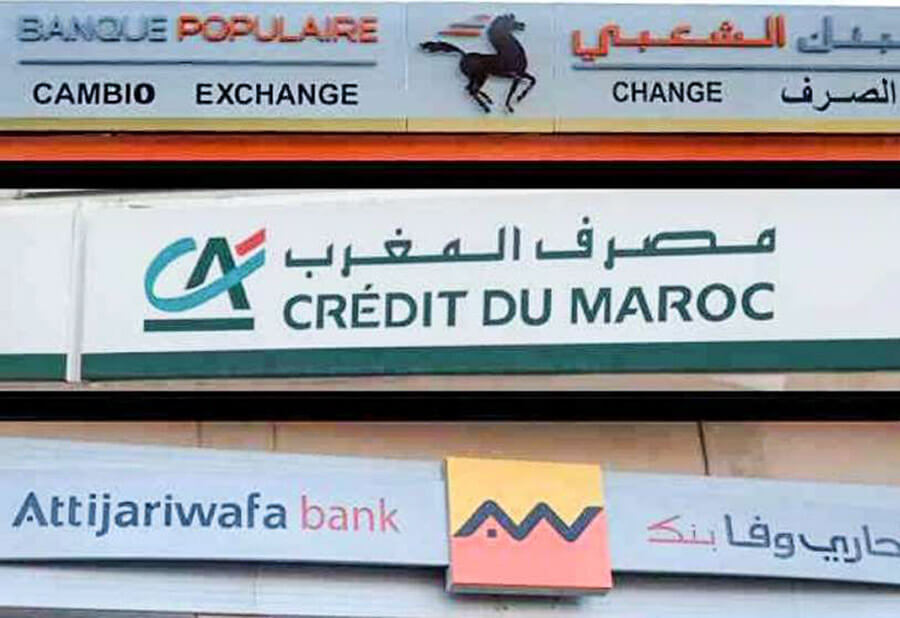
Regarding the budget deficit for the period 2025-2027, Fettah underlined the objective of reducing the deficit to 3.5% of gross domestic product (GDP) in 2025 and 3% in 2026 and 2027.
As for the debt ratio, the minister stressed that this indicator should follow a downward trend in the medium term, from 69.5% of GDP in 2023 to around 66% by the end of 2027, guaranteeing debt sustainability and rebuilding budgetary margins to face future challenges and crises.
On the other hand, to meet the 2024 Budget, Fettah specified that inflation should return to levels consistent with the price stabilisation target, averaging 1% in the first half of 2024, compared to 7.9% during the same period in 2023 due to the significant fall in food prices.
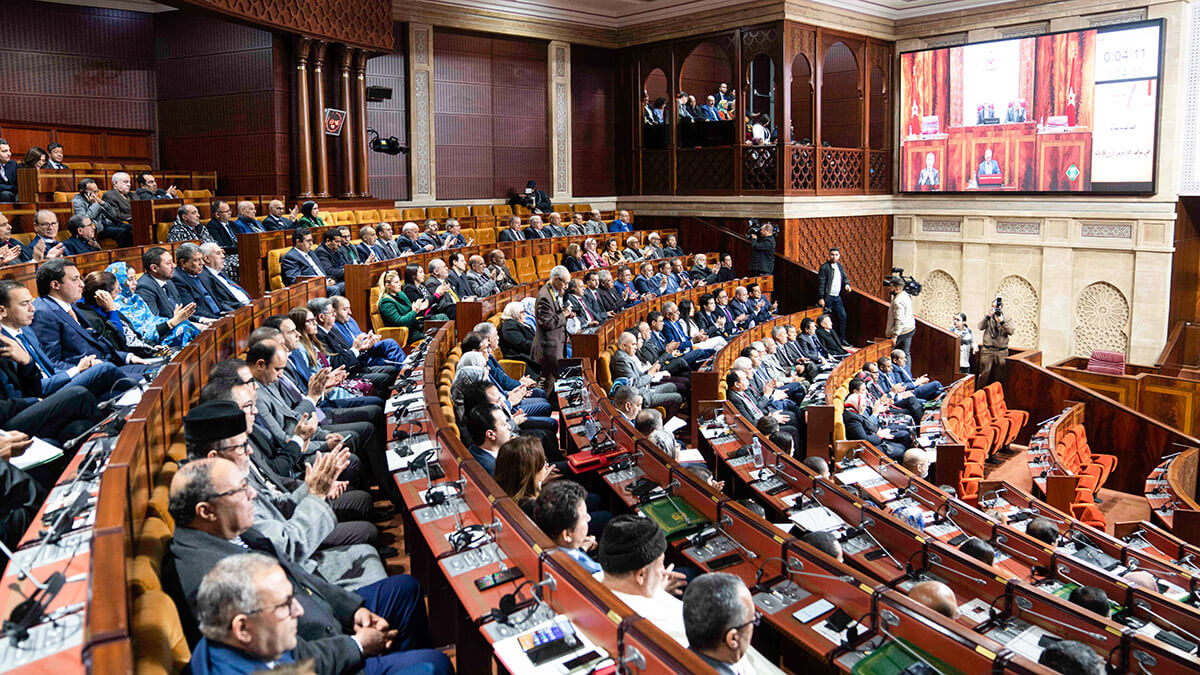
During the same period, he continued, exports increased by 4.4% and imports by 2.3%. Meanwhile, the trade deficit decreased by 1%, or 1.2 billion dirhams. According to Fettah, the current account deficit of the balance of payments should not exceed 2% of GDP in 2024, with foreign exchange reserves at Bank Al-Maghrib to cover five and a half months of imports.
The budget deficit, meanwhile, narrowed from the first half of 2023 to stand at 27.5 billion dirhams, which is about 44.3% of the level projected by the Finance Law.

